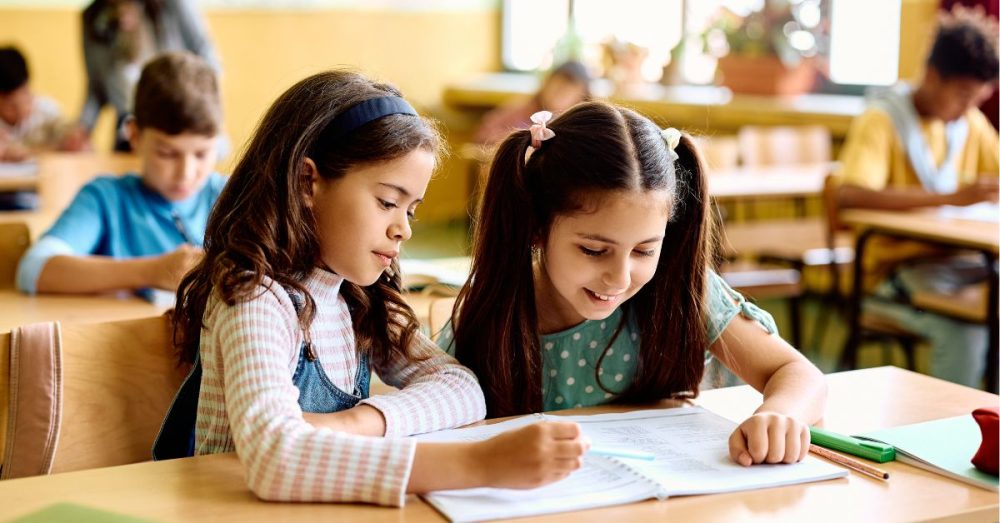It’s no secret that Dallas ISD, the second-biggest district in the state, has been suffering academically.
The latest accountability report from the Texas Education Agency (TEA) shows that just 41% of Dallas ISD students scored at grade level on their STAAR tests in 2021-2022, and nearly 20% of the graduating class failed to obtain a diploma within four years.
An analysis of TEA data indicates that Dallas County comes in dead last among the Lone Star State’s top six big-city counties when it comes to public schools’ student achievement scores, and it looks like DISD is responsible for the dismal ranking. DISD, which has more campuses than any other district in the county (237), also has the largest number of schools that earned a D or F letter grade in student achievement.
However, all hope may not be lost.
The Epoch Times reports on how Mississippi schools — ranked among the worst in the nation only a decade ago — have improved dramatically. Here’s the start of the story:
Mississippi ranked 49th in the United States for elementary school literacy 10 years ago, when fourth graders were essentially an entire grade level behind the rest of the nation.
Fast-forward a decade and 85 percent of third graders in the Magnolia State passed the state reading assessment test in 2023, moving Mississippi up to No. 21 and showing the fastest growth in the country in reading comprehension, despite having one of the lowest per-pupil expenditure rates.
“People called it a miracle,” Kristen Wells-Wynn, literacy director for the Mississippi Department of Education, told The Epoch Times on July 3, “but we call it a marathon.”
For the coming academic year, teacher training in Mississippi will expand to higher grade levels, and other states, such as Maryland, will try to implement Mississippi’s early literacy model.
The change occurred in Mississippi when the state Department of Education began switching from the “balanced literacy” reading instruction method to the so-called “science of reading” approach. Ms. Wells-Wynn said Mississippi continues to fund the initiative at a cost of about $15 million annually.


